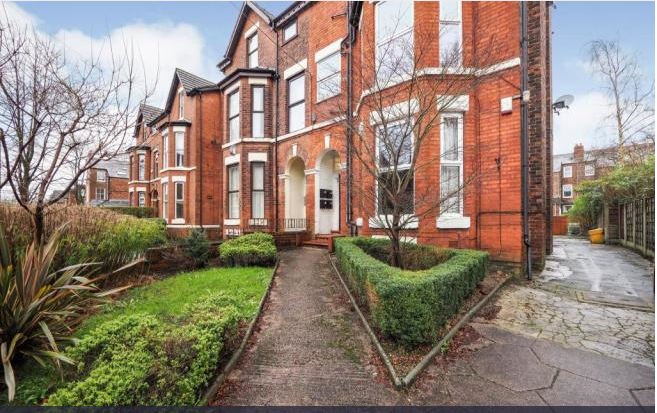In England on the 1st October 2018, the criteria for what kind of House in Multiple Occupation (HMO) needs a mandatory licence was extended.
The UK Government announced in May 2015 that it would be changing the criteria for Mandatory HMO Licensing in England in a bid to address poor conditions and overcrowding in the private rented sector. This means that from October this year, all HMOs must be licensed if they house five or more occupants, from at least two unrelated households irrespective of the number of storeys that the property has.
It is important to note that landlords who already have a licence under Additional or Selective Licensing Schemes, are not required to reapply for a mandatory HMO licence until their existing licence expires. However, Local Authorities can still introduce Additional Licensing Schemes for property that falls outside the scope of the new rules.
Local Authorities will determine whether a property meets a specific test to conclude whether it will need to be licensed. This includes: ‘The Standard Test’; ‘The Self-Contained Flat Test’; and ‘The Converted Building Test’.
Standard Test: More than one household has living accommodation and at least two households share basic amenities, or the living accommodation is lacking in basic amenities.
Self-Contained Flat Test: Occupied by five or more people forming more than one household and the flat lacks basic amenities, or more than one household shares basic amenities.
Converted Building Test: A building that has been converted and where one or more of the units of living accommodation is not a self-contained flat.
Purpose-built flats within a block containing three or more self-contained flats are not included. Converted blocks of flats (or Section 257 HMOs) will not require a mandatory licence, but individual flats within that building will require a licence if they meet ‘The Standard Test’.
Previously a large HMO had to have a mandatory licence when it housed five or more occupants from at least two unrelated households, but only if the property had at least three storeys. Since 6 April 2016, all large HMOs have had to be licensed with the local Council, typically licences last for a maximum of five years.
What you need to do
Where a mandatory HMO licence has been applied for, and granted, before 1 October 2018, the licence will commence on 1 October 2018.
In areas where an unlicensed HMO is currently subject to Selective Licensing, and the licence is applied for before 1 October, the Local Authority should grant a mandatory HMO licence to begin from 1 October 2018.
If a property is currently licensed under a mandatory or additional scheme, the existing licence will remain valid until it expires. This means that Local Authorities must only enforce existing conditions of the licence until expiration. These landlords should receive necessary information from their Council about the new requirements prior to the expiration of their current licence. The new mandatory licensing conditions will then apply from the renewal of the existing licence.
Room sizes
Further changes mean that rooms used for sleeping in will have to adhere to minimum room size requirements, using either the Government’s standards below:
• Children aged under 10 – 4.64 square metres
• 1 person aged 10 and over – 6.51 square metres
• 2 people aged 10 and over – 10.22 square metres
Or alternatively, Councils can set their own minimum room size requirements higher, which may mean that they could be even tougher than the Government’s. For example, Birmingham City Council require a room that sleeps two people to have a minimum size of 11 square metres.
Storage Facilities
Another condition of the licence is that landlords and managing agents will also have to make sure that they are complying with their local authority’s storage, disposal and collection of household waste scheme (providing that one exists). Consequently, this means that local authorities are not allowed to introduce commercial waste charging on HMOs.
In compliance with their licence, landlords must make sure that they send the council and updated gas safety certificate each year, install and maintain smoke alarms and provide all safety certificates for electrical appliances if requested.
Each individual council may add further conditions to the licence, such as improving the standard of facilities. These conditions will be indicated upon application.
The cost of licensing varies due to housing being devolved to local authorities. This will likely be impacted by the number of habitable rooms or occupants there is in each property.
Enforcement
Operating without a licence, failing to comply with an Improvement or Overcrowding Notice, breaching conditions of the HMO licence, and breaching Management Regulations will be a criminal offence and can result in prosecution with an unlimited fine or a Fixed Penalty Notice of up to £30,000 and a Rent Repayment Order (RRO) of up to 12 months’ rental income. Landlords should also be made aware, that were they have a licensable property and they fail to attain a licence, they will not be able to issue tenants of that property with a Section 21 notice.




